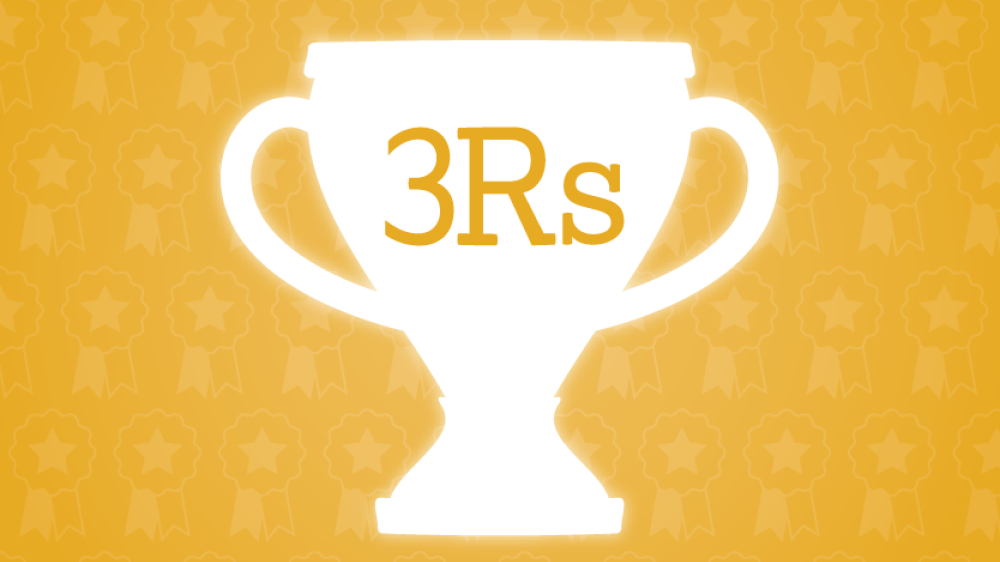The 3Rs Champion
In recent years there has been considerable activity on the 3Rs across the scientific community and associated with this has been a rapid increase in the amount of information available. Keeping up with this can be challenging for researchers, animal care staff and ethics committees. The idea of having a dedicated “3Rs Champion” has emerged because of the benefits of having support for the adoption of 3Rs approaches on the ground at a local level that takes into account the research priorities, species used and the culture of the institution.
On this page we introduce the 3Rs Champion, outlining the benefits, person specification, and types activities encompassed within this role.
You can download this guidance as a PDF for easy sharing or printing. The full text of the guidance is below and searchable using ctrl+F in your browser.
Dr Ellen Forty speaks to individuals across three UK research establishments about the unique focus the role of a 3Rs Champion brings to their local research environment.

